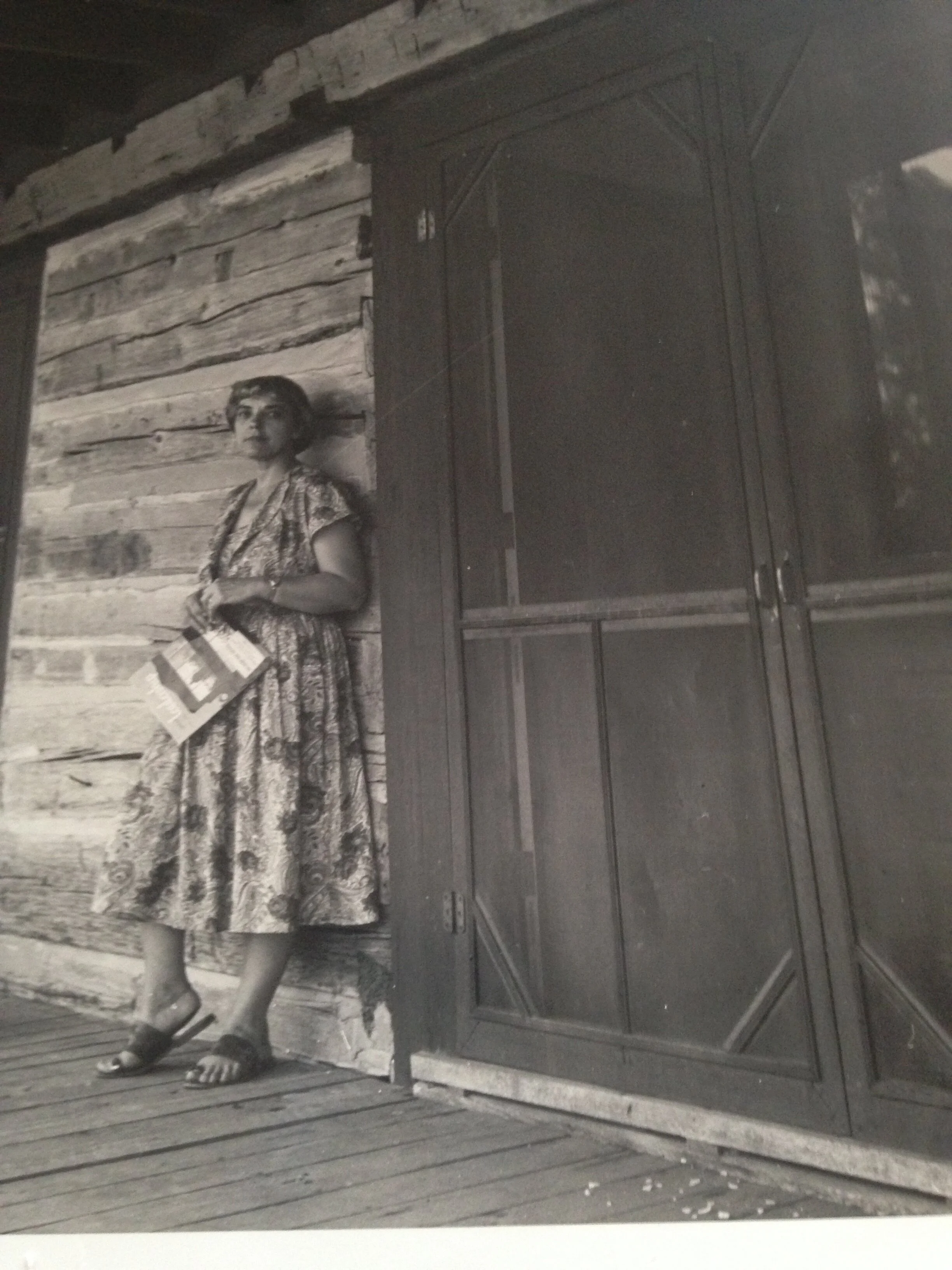A year after the pandemic began, my wife and I took our first vacation with people outside our immediate family. Our friends have children the same ages as ours, and we all spent the weekend in cabins next door to each other at a camp in the North Carolina mountains. On Saturday night, we got all our kids to bed, then met outside in the fresh, pine-scented air.
There were stories and plenty of laughter. We also grew serious about the effects the pandemic has had on us. I mentioned my receding hairline, graying beard, and aching lower back. How I would often go to bed early, but awake feeling tired. How I was tired of being tired. My wife and friends nodded and shared their own examples of personal exhaustion.
Even with the vaccines in our arms and our shared hope that the end of the pandemic was in sight, we agreed it still feels like a long way to go before we get back to the way things were before the coronavirus.
Eventually, our talk shifted to the topic of camping. They all had stories, including my wife. She chuckled that meeting me had put an end to her backpacking days! I grinned back at her. It’s true that my idea of “camping” involves indoor plumbing.
She went on to share a story from a backpacking trip she took years ago to Yosemite National Park. She and her hiking buddy had camped at the base of the famous Half Dome, a majestic slab of granite towering high above the forest. The trail to the summit is about 15 miles and climbs 5,000 feet in elevation. The last 100 yards are made with the assistance of two long, metal cables bolted into the steep rock face.
My wife and her friend didn’t think they could pull themselves up those cables to the summit if they were weighed down by their packs; however, other hikers had related sightings of grizzly bears that very morning. If they left their packs behind, bears might shred their packs to get their food. Solution? Unpack all their possessions; lay everything out in an orderly row on the ground. If a bear wanted something, she could have it. My wife was going to make it to the summit.
I’ve since thought about this story as a metaphor for life in this pandemic. Most of the time, I shoulder my private struggles, concealing them from the rest of the world as I trudge ahead. I’ve wondered if the physical changes in my body during the pandemic—the hair loss, weight gain, fatigue—are related to my emotional struggles of being isolated and anxious. Carrying these burdens is exhausting.
David Whyte claimed that the antidote to exhaustion is not necessarily rest, but wholeheartedness. To me, that means airing the truth. Giving fear over to the light. I feel that wholeheartedness is more about the journey than the destination.
Whether hiking, building a relationship, or seeking self-awareness, take one step at a time.
Be wholehearted in laying it all out.
I know it’s hard work, even terrifying. I would have guessed that Yosemite was named after a Native American word for grandeur, perhaps relating to the massive granite slabs like Half Dome. But “yosemite” literally means “the killers” in the Sierra Miwok language and is connected to grizzly bears. This surprising translation reminds me that the dangers are real—be they deadly bears or a deadly virus—and that we are so very vulnerable as we climb our mountains and shoulder our burdens.
I need vacations that allow me the space to let go of certain things, like worries about work and the future, and I need conversation partners who can relate to my struggles. In this sense, these friends pick up on what I’m laying down. But even more, they air out their worries, too. Together, we lighten our loads.
I’m grateful for this trip with our family friends—the marshmallows, Pokémon cards, the camp lake, and late-night confessions. In that Saturday night conversation, I felt supported and gave support. I think I speak for the group when I say there was a connection not only to one another but to something greater than ourselves. Call it God, the universe, enlightenment, whatever you like. It was a mountaintop experience.
It was also temporary. Eventually, we went to bed. The next day, we packed up and came back down the mountain. Monday morning, I shuffled into the work week, childcare, and chores. I lugged the same emotional burdens, yet even now I still feel lighter. I shared this written reflection with one of those friends from our vacation. She joked, “Maybe a curious bear carried off some of your baggage!”
Andrew Taylor-Troutman is the pastor of Chapel in the Pines Presbyterian Church in Chapel Hill, NC. His forthcoming book is a collection of his columns for the Chatham News + Record titled “Hope Matters: Churchless Sermons: In the Time of the Coronavirus.”
